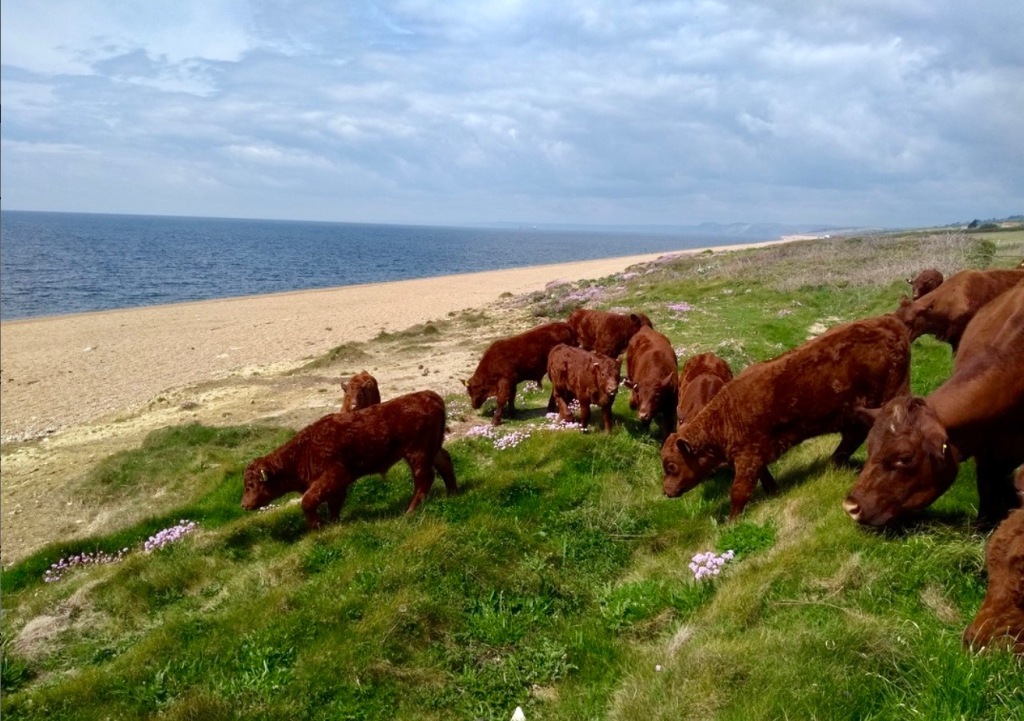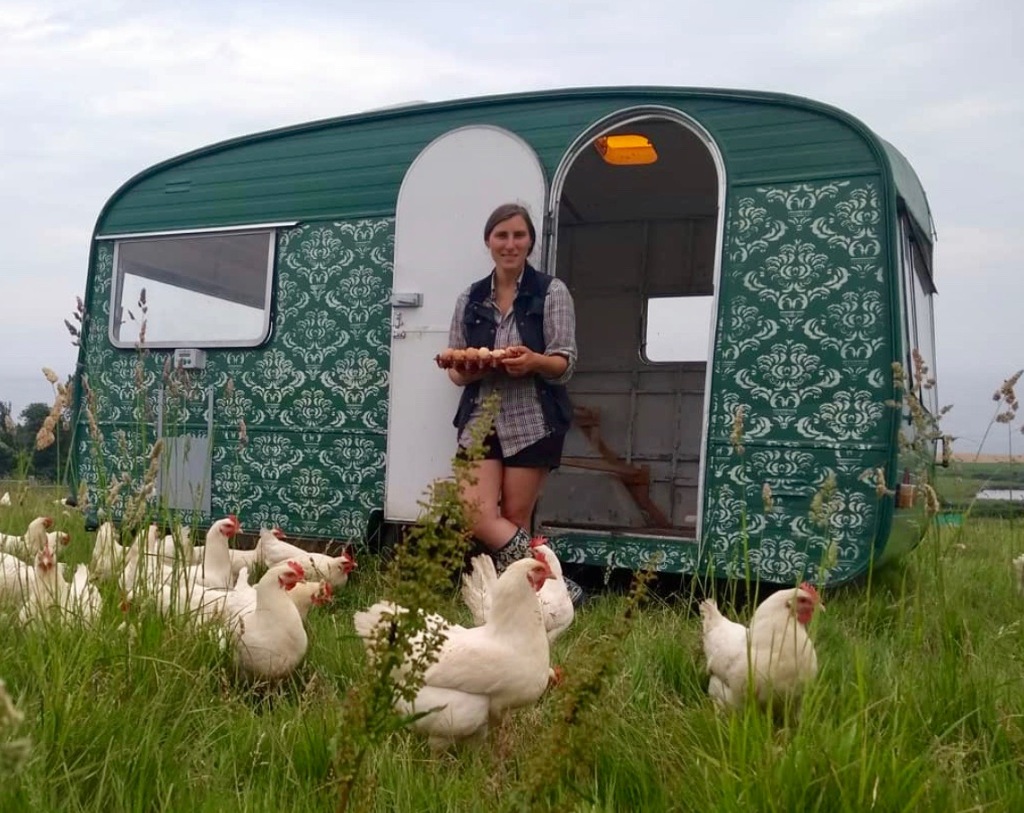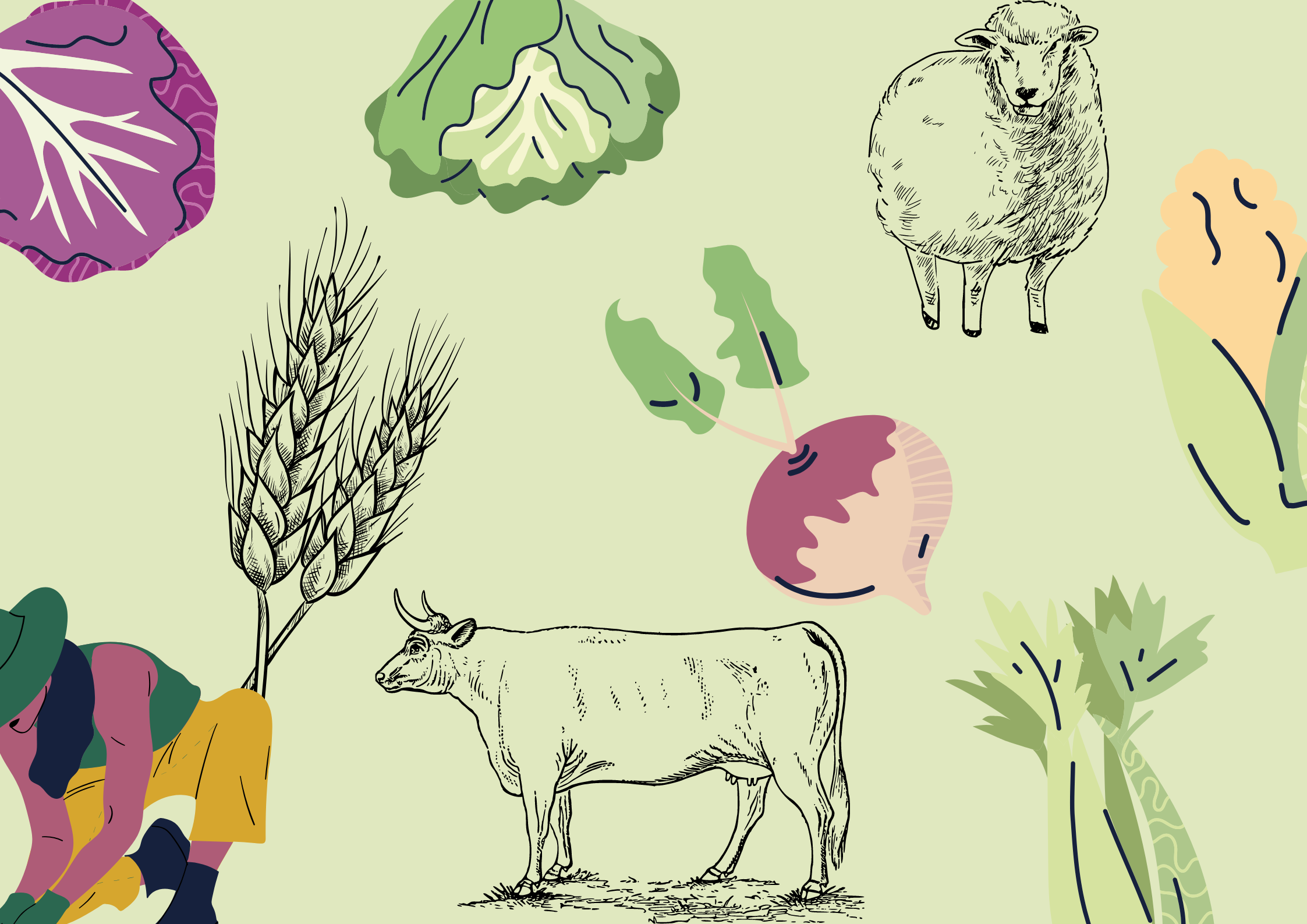
The Agroecological Way
An introductory course in agroecological farming
Next course: July 5th- 9th 2024
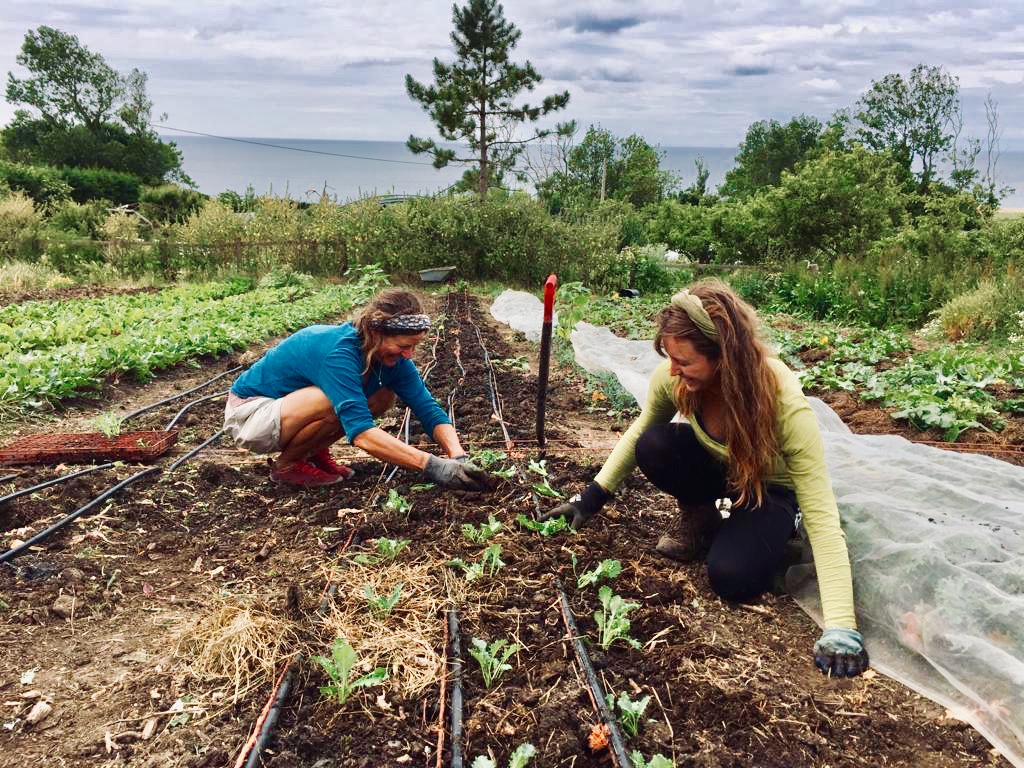
“Agroecology… can well be a part of the knowledge of interdependencies that we would do well to learn fully, in order to inhabit the Earth that we have uninhabited”
– Omar Felipe Giraldo
What is agroecology?
Agroecology is a method of farming that optimises the interactions between plants, animals, humans and the environment to create regenerative agricultural systems, and is also a global social movement which addresses the social, ecological and economic transformations that will be required to achieve a just and sustainable food system.
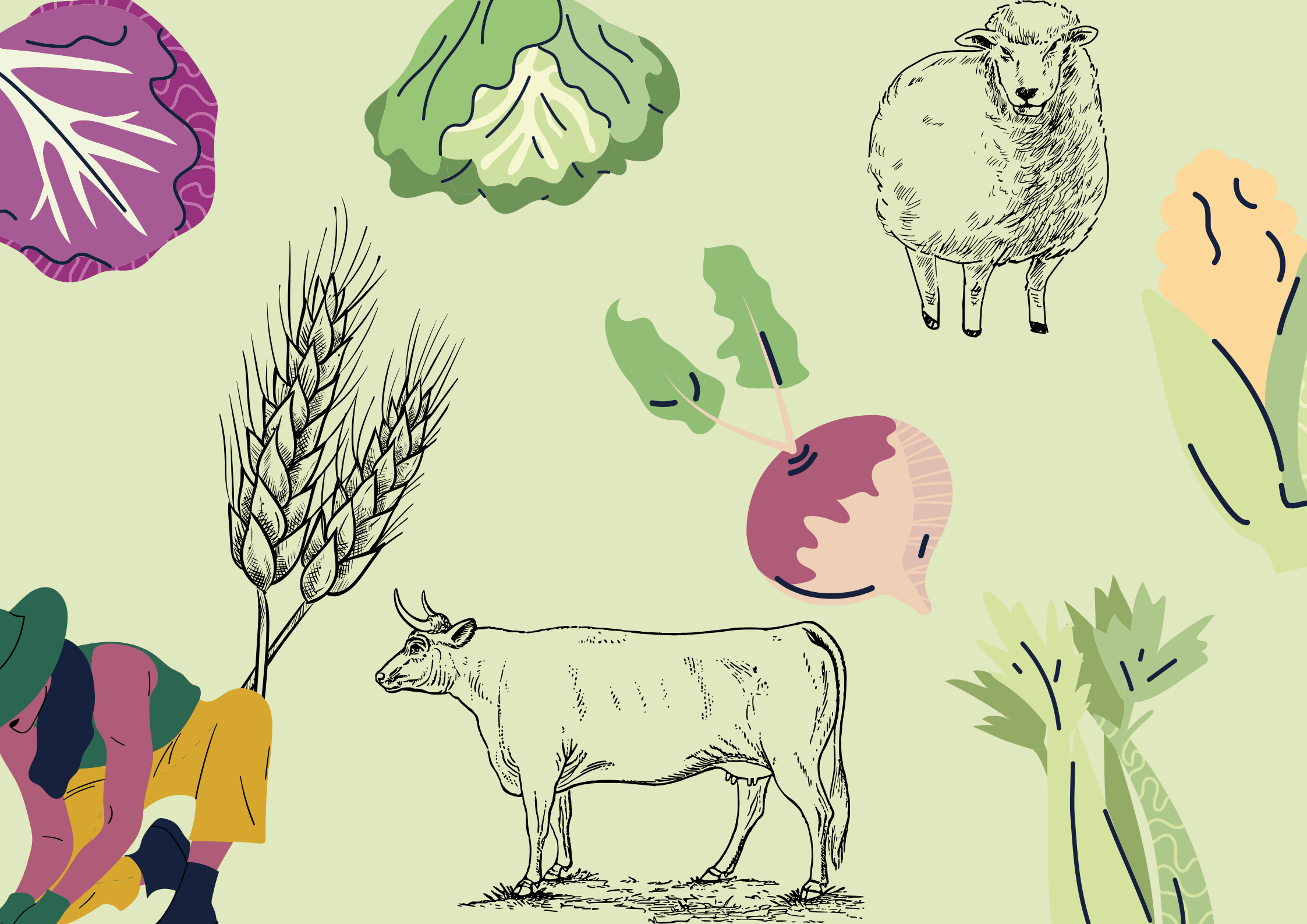
Why take a course in agroecology?
The UK has been identified as one of the most nature depleted regions in the world, owing in large part to the impact of agriculture, which is practiced across 72% of the total land area. In addition to their productive activities, farmers are now tasked with reversing extensive biodiversity loss, together with restoring soil health and water quality, mitigating and adapting to climate change and enhancing people’s connection to nature. The work of a farmer has perhaps never been so significant, but neither has the opportunity to make meaningful transformations in the management of our farming landscapes.
The principles and practices employed in agroecology can guide us in these vital tasks, and provide a pathway into action that supports sustainable livelihoods, thriving local communities and a future in which all species can flourish.
In the UK, new opportunities are emerging in support of agroecological farming, as the government finalises the Environmental Land Management Scheme, which lays out a new system of financial support for farmers delivering these public goods alongside food, fuel and fibre. And yet, at a time when farmers hold such responsibility and leverage, there is a demographic crisis in the sector. Farming is the least ethnically diverse occupation in the UK; the majority of farm managers and holders are male, and the average age of a British farmer is 58.
Put simply, we need more farmers, and we need greater diversity in the sector if we are to achieve the goals of food, land and climate justice.
Training in agroecology opens the door to meaningful work, that gets you out in nature, and is as much about problem-solving and ecological thinking, as it is about getting your hands dirty. Learning about agroecology can also shape new ways of seeing and acting in the world, shaped by its ethos of humility towards natural cycles, ecological limits and the integrity of other species. In this way, agroecology has valuable lessons for all.
